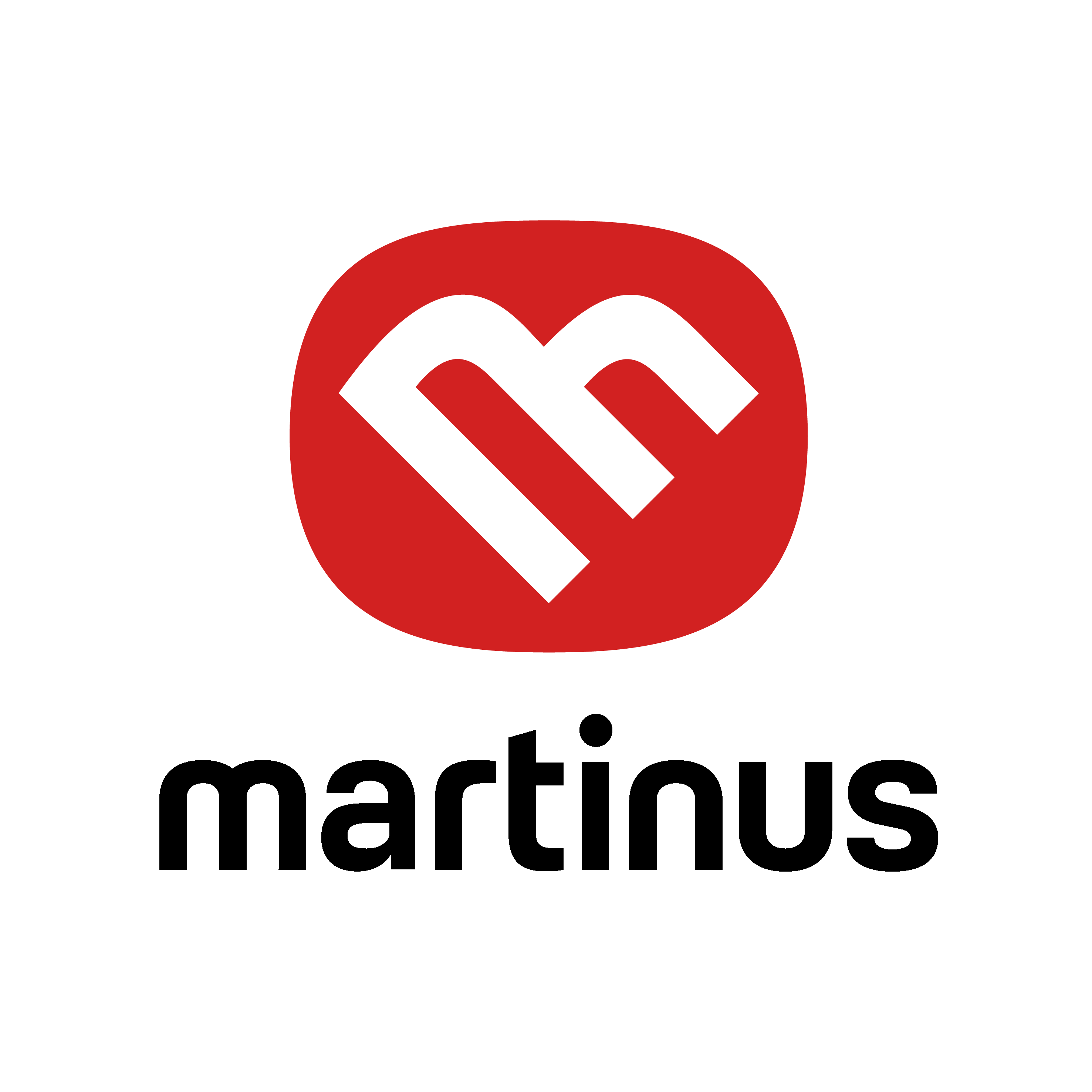

Martinus

1.6
Žilina Region, Slovakia
August 2025
Books or other media
Wholesale/Retail
Czech Republic,
Slovakia
Martinus is an online bookstore and a network of charming bookshops across Slovakia and Czechia. Since 1990, books have been our passion, with the reader at the center, guided by a drive to be the best, not necessarily the biggest, bookseller. We aim to build a country of readers, by connecting people with books so they can nurture the good in themselves. We bring this vision to life by embracing the joy of reading—staying close to our customers and making sure reading remains one of life’s favorite pastimes. Through our support of the nonprofit Country of Readers, we help children discover the magic of books and improve their literacy skills. Thanks to this initiative, and in cooperation with schools and teachers, more than 25 000 children in over 1 200 classrooms have already been introduced to their own class libraries (as of September 2025). At Martinus, we foster an open culture grounded in feedback, transparency, and trust. Employees are supported in their personal and professional growth. We also value strong partnerships with local suppliers. From an environmental perspective, recently the company has focused on energy optimization, installing its own renewable sources, introducing more efficient packaging, and launching a program of reselling pre-owned books.
Overall B Impact Score
Governance 7.0
Governance evaluates a company's overall mission, engagement around its social/environmental impact, ethics, and transparency. This section also evaluates the ability of a company to protect their mission and formally consider stakeholders in decision making through their corporate structure (e.g. benefit corporation) or corporate governing documents.
What is this? A company with an Impact Business Model is intentionally designed to create a specific positive outcome for one of its stakeholders - such as workers, community, environment, or customers.
Workers 22.5
Workers evaluates a company’s contributions to its employees’ financial security, health & safety, wellness, career development, and engagement & satisfaction. In addition, this section recognizes business models designed to benefit workers, such as companies that are at least 40% owned by non-executive employees and those that have workforce development programs to support individuals with barriers to employment.
Community 32.6
Community evaluates a company’s engagement with and impact on the communities in which it operates, hires from, and sources from. Topics include diversity, equity & inclusion, economic impact, civic engagement, charitable giving, and supply chain management. In addition, this section recognizes business models that are designed to address specific community-oriented problems, such as poverty alleviation through fair trade sourcing or distribution via microenterprises, producer cooperative models, locally focused economic development, and formal charitable giving commitments.
What is this? A company with an Impact Business Model is intentionally designed to create a specific positive outcome for one of its stakeholders - such as workers, community, environment, or customers.
Environment 15.5
Environment evaluates a company’s overall environmental management practices as well as its impact on the air, climate, water, land, and biodiversity. This includes the direct impact of a company’s operations and, when applicable its supply chain and distribution channels. This section also recognizes companies with environmentally innovative production processes and those that sell products or services that have a positive environmental impact. Some examples might include products and services that create renewable energy, reduce consumption or waste, conserve land or wildlife, provide less toxic alternatives to the market, or educate people about environmental problems.
Customers 3.3
Customers evaluates a company’s stewardship of its customers through the quality of its products and services, ethical marketing, data privacy and security, and feedback channels. In addition, this section recognizes products or services that are designed to address a particular social problem for or through its customers, such as health or educational products, arts & media products, serving underserved customers/clients, and services that improve the social impact of other businesses or organizations.